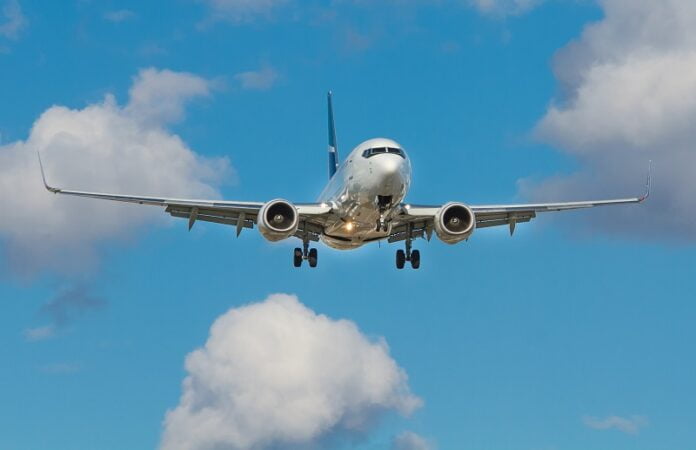Despite the fact that air travel has become one of the most efficient and safest modes of transportation, there are various disruptions, that can mess up travelers’ plans. Delays, cancellations, overbooking, and lost baggage are frequent companions of air passengers. As a result, travelers find themselves seeking compensation for these inconveniences, wasting time and wrecking their mental health.
In this article, we will explore the future of flight compensation, touching on airline passenger rights and technological advancements that will make the flight compensation process easier.

Changing the Landscape of Air Travel
Throughout the years, air travel has undergone substantial improvements, with developments ranging from swifter aircraft to more enjoyable in-flight experiences. These advancements have not only made journeys more pleasant but have also heightened passenger expectations. Therefore, there is a growing demand for superior customer service and support, especially during travel disruptions.
To address these concerns, flight compensation companies have emerged as indispensable resources for air travelers. These companies play a crucial role in guiding passengers through the intricate process of claiming compensation for disrupted flights. By streamlining the process, they make it more accessible and less daunting for passengers, who may otherwise be unsure of how to proceed or be hesitant to tackle the complexities on their own.
Evolving Regulations and Standards
European law has consistently taken the lead in safeguarding airline passenger rights. Among the numerous regulations in place, EU 261/2004 stands out as a key example, as it establishes compensation guidelines for passengers confronted with travel disruptions such as delays, cancellations, or overbooking.
The European Union has also focused on enhancing the transparency and accessibility of these regulations so that it’s easier for passengers to understand their rights and pursue compensation claims. Efforts to promote public awareness campaigns and the development of user-friendly digital platforms have further reinforced the EU’s commitment to empowering passengers and ensuring they receive the protection they deserve.
Advances in Technology and Data Analytics
Technology has played a crucial role in the transformation of flight compensation processes. The best flight compensation companies have begun utilizing sophisticated data analytics and machine learning algorithms to gain deeper insights into flight patterns and trends. These advanced tools enable companies to anticipate disruptions, identify patterns in cancellations or delays, and proactively offer compensation to passengers affected by these disruptions.
This newfound level of automation and intelligence not only streamlines the compensation process but also enhances the overall experience for passengers seeking reimbursement. By leveraging technology, flight compensation companies can more effectively manage claims, reducing the time and effort required for passengers to secure the compensation they deserve.

Emerging Trends in Passenger Rights and Advocacy
Here are a few growing trends in this field of air travel:
- A growing demand for transparency in the compensation process. Passengers are increasingly seeking clear, concise information on their rights and the compensation process, as well as open communication from airlines and flight compensation companies.
- Enhanced awareness of passengers’ rights, resulting in a higher rate of successful claims. As passengers become more knowledgeable about their entitlements, they are better equipped to pursue compensation claims, leading to a greater number of successful outcomes.
- The proliferation of consumer-friendly tools and platforms that simplify the compensation process. Innovative digital solutions are being developed to make it easier for passengers to submit claims and track their progress, ultimately streamlining the entire compensation process.
- Greater focus on proactive communication and customer service. Airlines and flight compensation companies are recognizing the importance of providing timely, proactive communication to passengers affected by travel disruptions, thereby improving the overall customer experience.
Staying Informed and Preparing for the Future
It is important for passengers to stay up to date with their rights and be aware of the latest advancements in flight compensation procedures. By keeping abreast of new regulations, technological innovations, and industry trends, passengers can better understand and assert their rights, ultimately making a considerable impact on their ability to secure fair compensation for travel disruptions.
To remain informed, passengers can actively seek out reliable sources of information, such as regulatory authorities websites, passenger advocacy groups, and news articles focusing on air travel and passenger rights.
In Conclusion
In this article, we have explored the future of flight compensation, discussing how evolving regulations, and advances in technology are changing the air travel industry. With increasing awareness of airline passenger rights and the rise of advocacy groups, passengers are better equipped to navigate the compensation process and secure the compensation they deserve.
What do you think is the future of flight compensation?





